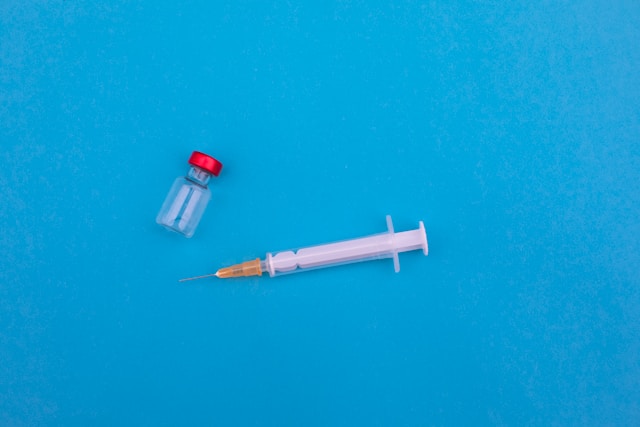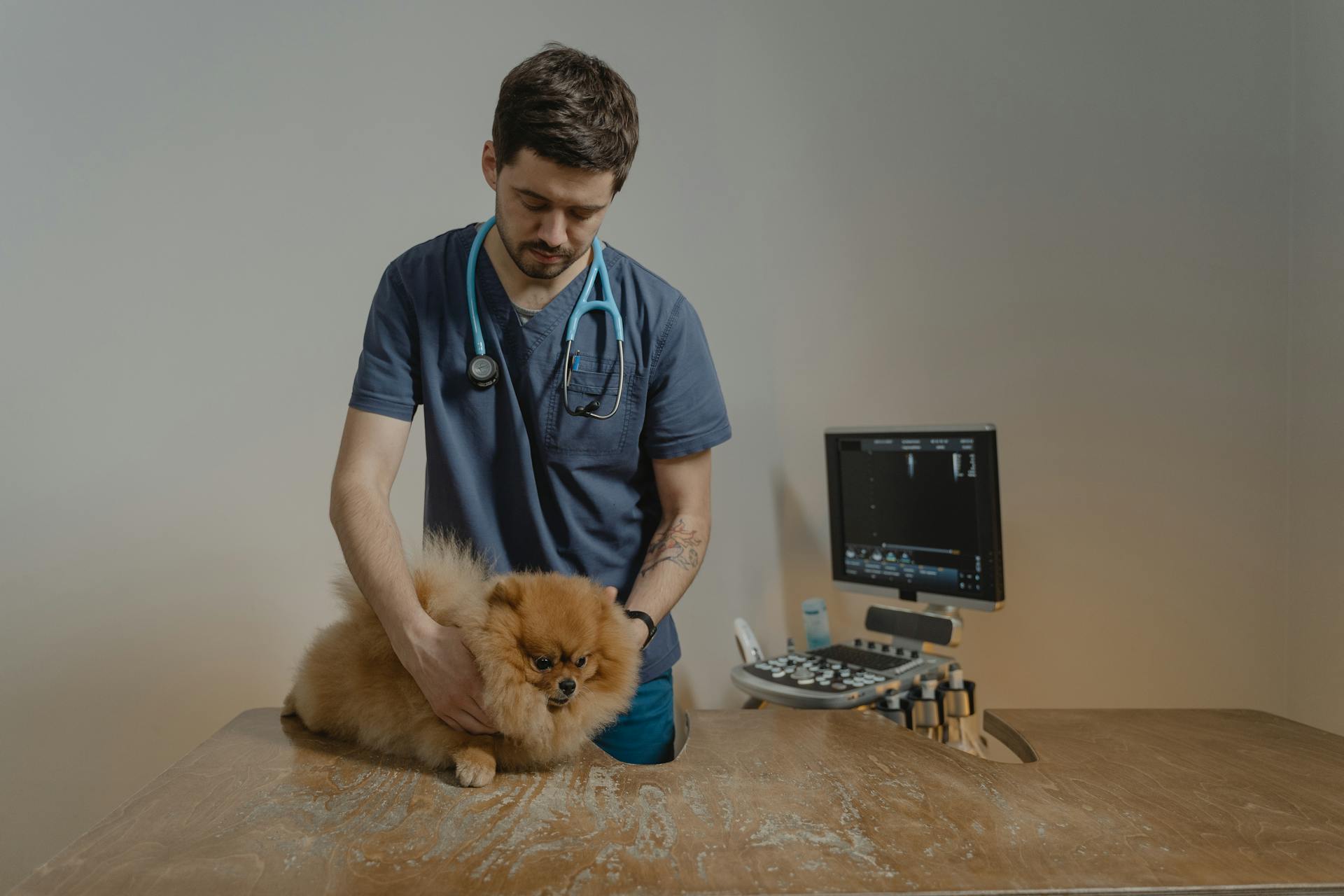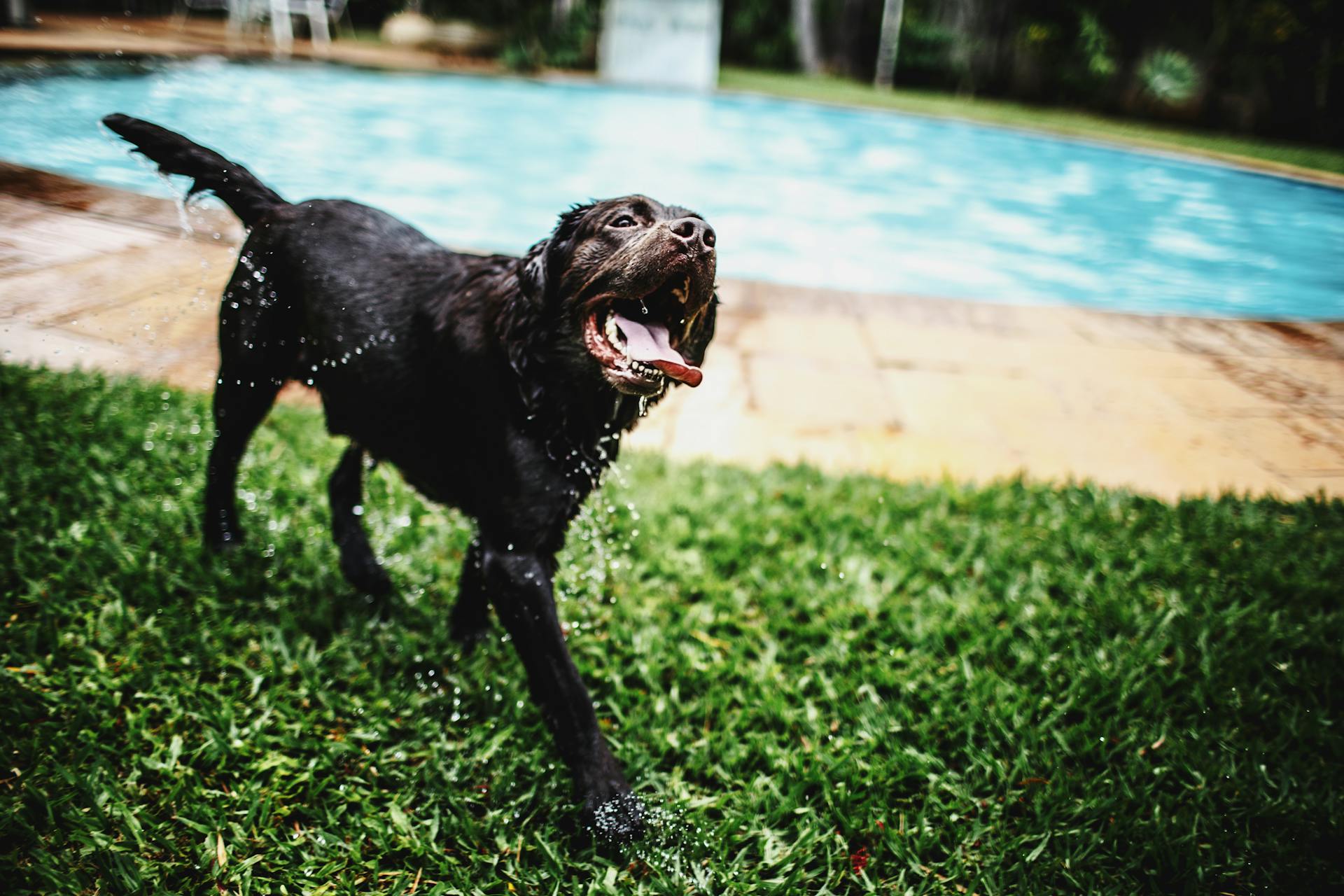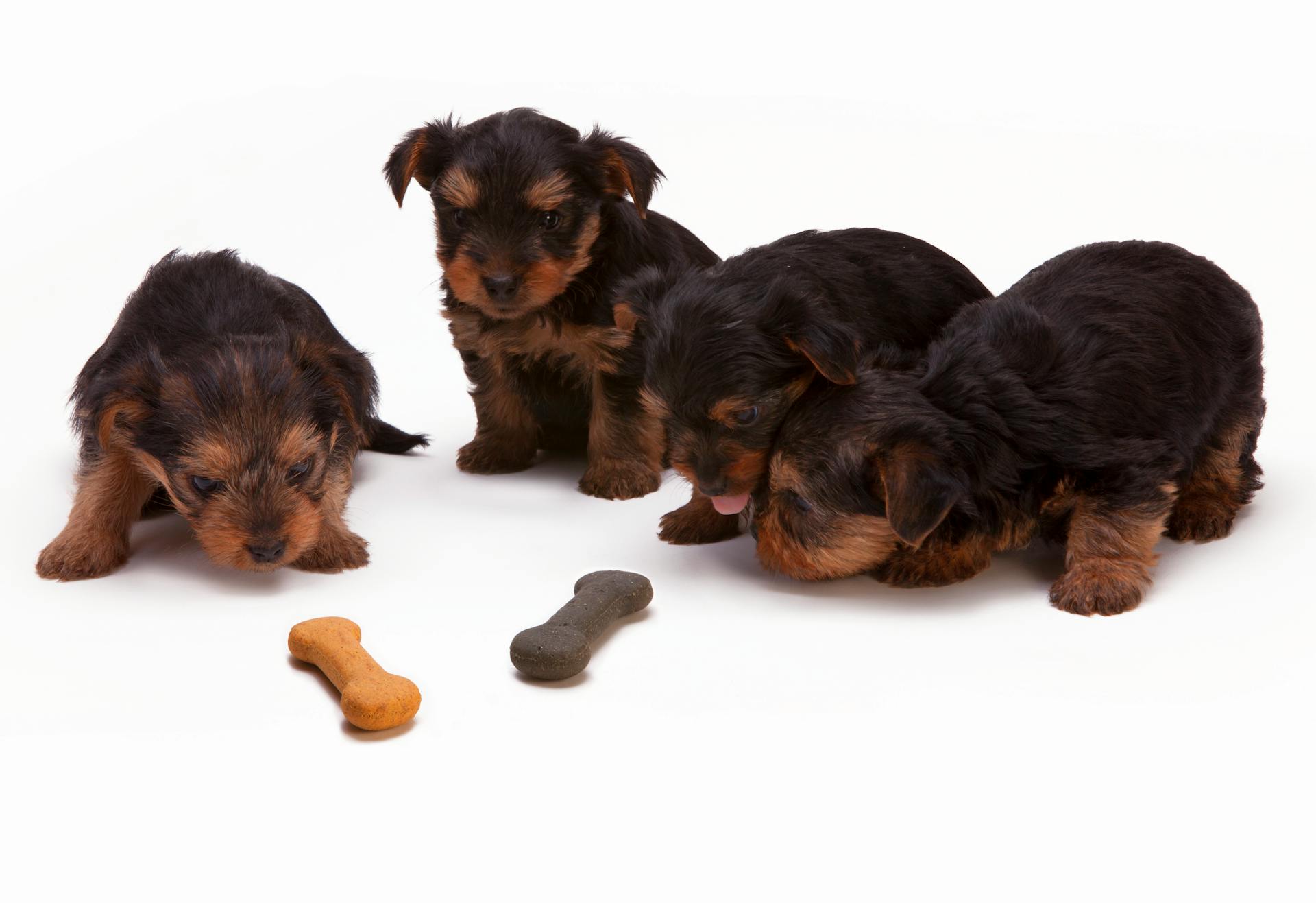Introduction
Ensuring that your puppy gets the right vaccinations is one of the most critical steps in giving them a healthy start in life. Vaccines play a pivotal role in protecting your puppy from a variety of serious, often life-threatening diseases, such as distemper and parvovirus, that can strike during their early months. By following a well-structured vaccination schedule, you can prevent these dangerous illnesses and help build your puppy’s immunity.
This guide to puppy vaccinations will help you understand which vaccines are necessary, how they work, and what to expect throughout the vaccination process.
Table of Contents
1. Understanding Core vs. Non-Core Vaccines

When it comes to vaccinations, not all are created equal. Vaccines are divided into two main categories: core and non-core. Understanding the difference between these types of vaccines is essential for ensuring your puppy receives the appropriate protection.
Core Vaccines
Core Vaccines are those that every puppy needs, regardless of their lifestyle or environment. These vaccines protect against diseases that are widespread, severe, and potentially fatal. Examples include:
- DHPP (Distemper, Hepatitis, Parvovirus, and Parainfluenza): This combination vaccine is crucial for safeguarding puppies against several serious viral infections.
- Rabies: Legally required in most areas, the rabies vaccine protects against a deadly virus that can be transmitted to humans and other animals.
Non-Core Vaccines
Non-Core Vaccines on the other hand, are optional and are typically recommended based on the puppy’s specific environment, lifestyle, and risk factors. Non-core vaccines protect against diseases that may not be a universal threat but can pose risks in certain conditions. For example:
- Bordetella: Often recommended for puppies that will be boarded, groomed, or around other dogs frequently.
- Lyme Disease: Suggested for puppies in areas where ticks are common.
Veterinarians will recommend core vaccines for every puppy, while non-core vaccines are tailored to individual needs based on your puppy’s lifestyle and location. Understanding core vs. non-core vaccines helps ensure your puppy gets the right protection at the right time.
2. The Puppy Vaccination Schedule: What to Expect


Understanding the puppy vaccination schedule is key to ensuring that your puppy receives timely protection from various diseases. The schedule is typically spread across the first few months of your puppy’s life, followed by periodic booster shots to maintain immunity. Here’s what you can expect:
- 6-8 Weeks: The first round of vaccinations usually begins around 6-8 weeks of age. At this stage, your puppy will receive the DHPP vaccine, which protects against distemper, hepatitis, parvovirus, and parainfluenza. This early dose is critical as it initiates the development of their immune system against these core diseases.
- 10-12 Weeks: The next round of vaccinations follows 3-4 weeks later. Your puppy will receive a booster of the DHPP vaccine to strengthen their immunity. At this stage, some veterinarians may recommend starting non-core vaccines such as Bordetella or Leptospirosis, depending on your puppy’s risk factors.
- 14-16 Weeks: During this period, your puppy will receive the final dose of the DHPP vaccine and their first rabies vaccine. This is a crucial point in the vaccination schedule, as these vaccines offer robust protection against highly contagious and deadly diseases.
- Booster Shots: After completing the initial puppy vaccination series, your puppy will need booster shots to maintain immunity. These boosters are typically given 1 year after the initial series and then every 1-3 years depending on the vaccine and your veterinarian’s recommendation.
This vaccination schedule is essential for building your puppy’s immune defenses at a time when they are most vulnerable. Each shot plays a critical role in preventing infections, and booster vaccinations help ensure long-lasting protection throughout their life. Always consult with your veterinarian to confirm the right schedule for your puppy, as timing can vary slightly based on breed, health, and individual needs.
3. Core Puppy Vaccines Explained
Main or core vaccines are incredibly essential for all puppies, since they provide protection against highly contagious and potentially fatal diseases. These specific vaccines are usually administered in combination to decrease the number of shots your puppy needs to take as administering shots to your puppy can be a highly stressful experience for your furry friend. Here are a few types of vaccines you can give your furry friend to boost their immune system.
- The Distemper or Parvo Series combination vaccine system protects your canine friend against several serious illnesses such as Distemper, a highly contagious viral disease that can negatively affect a puppy’s breathing and gastrointestinal systems.
- The rabies vaccine is by far one of the most crucial vaccines one can give to their canine friends. It is a viral disease that affects the nervous system and is always fatal once the symptoms start to manifest.
Each of these specific vaccinations play an intricate role in providing your puppy’s immune system with the help it needs to ensure that it fights against these dangerous diseases.
4. Non-Core Vaccines: Are They Necessary for Your Puppy?
While core vaccines are a must for every puppy, non-core vaccines are tailored to your puppy’s specific lifestyle, environment, and risk factors. These vaccines are recommended based on your puppy’s exposure to certain environments, making them optional but beneficial in certain cases.
- Bordetella (Kennel Cough): This vaccine is essential for puppies that will spend time in boarding kennels, doggy daycare, or grooming facilities. Bordetella causes a highly contagious respiratory infection, commonly referred to as kennel cough, which can lead to coughing, nasal discharge, and in severe cases, pneumonia.
- Leptospirosis: This bacterial infection is spread through contaminated water, soil, or the urine of infected animals. Puppies that live in areas with high wildlife activity or standing water are at a higher risk of contracting leptospirosis. The vaccine helps prevent kidney and liver damage caused by the bacteria.
- Lyme Disease: This vaccine is recommended for puppies that live in or frequently visit areas with a high tick population. Lyme disease can cause joint pain, fever, and lethargy, and in severe cases, it can lead to long-term health issues.
- Canine Influenza: This vaccine is recommended for puppies in areas prone to outbreaks of canine flu, which is a contagious respiratory disease. The flu can cause symptoms such as coughing, fever, and nasal discharge.
Consulting with your veterinarian is key in determining whether these non-core vaccines are necessary for your puppy. Your vet will assess your puppy’s environment, activities, and health risks to create a personalized vaccination plan.
5. Timing of Puppy Vaccinations: What You Need to Know
The timing of your puppy’s vaccinations is crucial to ensure they develop proper immunity. Puppies are born with some antibodies passed from their mother’s milk, but these antibodies begin to wane after a few weeks, leaving your puppy vulnerable to diseases. The vaccination schedule is designed to protect your puppy during this critical period.
- Maternal Antibodies and Timing: Puppies initially have some protection from their mother’s antibodies, but as these antibodies fade, they need vaccinations to build their own immunity. Vaccines are typically administered starting at 6-8 weeks old, with follow-up shots given every 3-4 weeks until they are around 16 weeks old.
- Immunity Gaps: There is a window of time when a puppy’s maternal antibodies have decreased, but their own immune system hasn’t fully developed. This gap makes puppies particularly susceptible to infections, which is why it’s important to follow a strict vaccination schedule.
- Booster Shots: After the initial series of vaccinations, your puppy will need booster shots to ensure long-term immunity. These boosters are usually administered 1 year after the initial series and then every 1-3 years depending on the vaccine and your veterinarian’s recommendations.
Sticking to the recommended vaccination intervals is essential to close any immunity gaps and provide the protection your puppy needs during the vulnerable stages of puppyhood.
6. The Emotional Journey of Puppy Vaccinations


Vaccinations are an essential part of your puppy’s health, but the process can be an emotional experience for both you and your pet. As a puppy parent, it’s natural to feel a little anxious about the process, but with the right preparation, you can help your puppy navigate their vaccinations with ease and confidence.
- Preparing for Vet Visits: Before heading to the vet, make the experience positive by associating it with fun activities. Bring your puppy’s favorite toys or treats to help them feel comfortable. You can also take short trips to the vet beforehand just to get them familiar with the environment.
- During the Vaccination: Puppies may experience mild discomfort during the injection, but you can help ease their stress by staying calm yourself. Offer soothing words, and keep them distracted with a treat or gentle petting. Your positive energy will help keep their anxiety in check.
- Post-Vaccination Care: After the vaccine, your puppy may feel a bit tired or exhibit mild side effects like soreness at the injection site, low energy, or a slight fever. Provide them with a cozy resting spot, lots of water, and extra love. This is also an opportunity to bond by comforting your puppy and reassuring them.
By focusing on making the vaccination experience stress-free, you can create positive associations for future vet visits. The emotional aspect of puppy care is just as important as their physical well-being, and with the right approach, the vaccination process can strengthen your bond.
7. Veterinary Recommendations: Your Puppy’s Personalized Vaccination Plan
Every puppy is unique, and so is their vaccination plan. While core vaccines are essential for all puppies, non-core vaccines may be recommended based on your puppy’s health, lifestyle, and environment. Consulting with your veterinarian is key to developing a personalized vaccination schedule that fits your puppy’s specific needs.
- Assessing Risk Factors: Your vet will evaluate your puppy’s risk factors, including where you live, your puppy’s daily activities, and potential exposure to other animals. For example, if your puppy is frequently around other dogs or spends time outdoors, your vet may recommend additional vaccines like Bordetella or Lyme disease.
Your vet is your best partner in ensuring your puppy gets the right protection at the right time. Regular checkups will help you stay on top of your puppy’s vaccination needs, ensuring long-term health and wellness.
Conclusion
Following the correct vaccination schedule is one of the most important things you can do to protect your puppy’s health. Core vaccines are essential to guard against serious diseases, while non-core vaccines may be recommended based on your puppy’s lifestyle and environment. By working closely with your veterinarian and staying on top of booster shots, you’re giving your puppy the best chance for a long, healthy life. Remember, vaccination is a vital part of keeping your puppy safe and happy, so be proactive and stay informed.
FAQs
1. When should my puppy get their first vaccinations?
Your puppy should receive their first vaccinations around 6-8 weeks of age. This is the beginning of their vaccination schedule and helps to build their immunity against core diseases like distemper, parvovirus, and hepatitis.
2. What happens if I miss one of my puppy’s vaccinations?
If you miss a vaccination, contact your veterinarian as soon as possible. They will advise you on the best course of action, which may include rescheduling the missed vaccine. Missing a vaccination can leave your puppy vulnerable to disease, so it’s important to follow the recommended schedule.
3. Are there side effects to puppy vaccinations?
Most puppies experience only mild side effects, such as soreness at the injection site, slight fever, or tiredness for a day or two after the vaccination. Severe reactions are rare, but if you notice symptoms like swelling, vomiting, or difficulty breathing, contact your vet immediately.
4. Do indoor-only puppies need vaccinations?
Yes, even if your puppy spends most of their time indoors, they still need core vaccinations. Diseases like distemper and rabies can be transmitted through airborne exposure or contact with other animals, even during brief outdoor moments.
5. How long do puppy vaccinations last?
The initial series of puppy vaccinations will provide protection, but booster shots are necessary to maintain immunity. Typically, your puppy will need boosters 1 year after completing the initial series, and then every 1-3 years depending on the vaccine.





